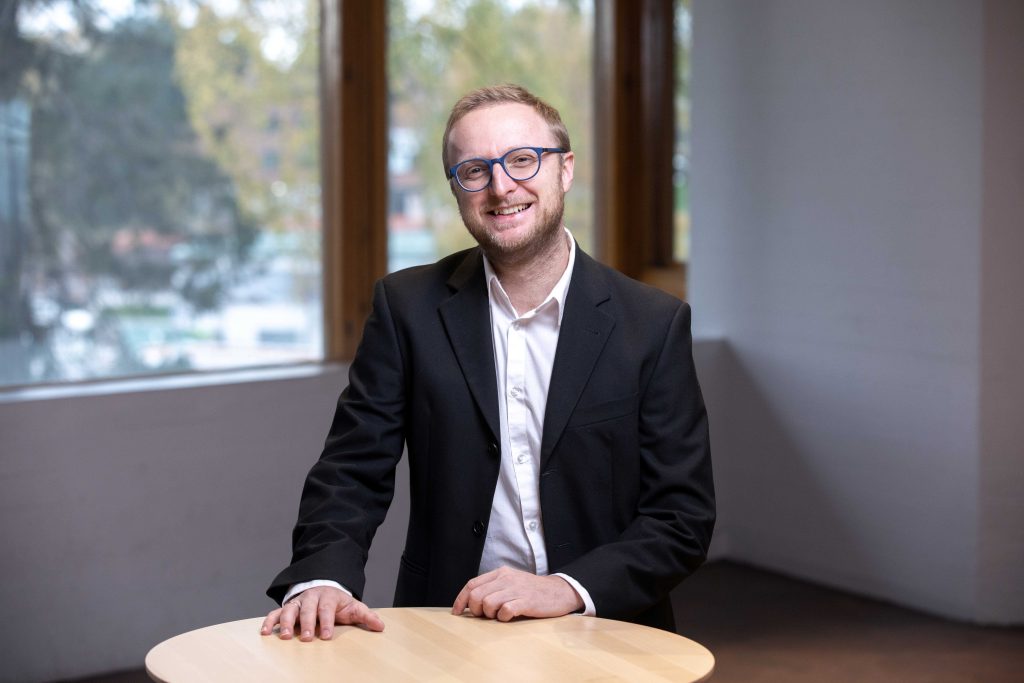Age is More Than a Number: Late-Career Entrepreneurs Leading the Way in Innovation
When picturing the typical entrepreneur behind groundbreaking innovations, most of us imagine a young, tech-savvy visionary. But what if I told you some of the most radical innovations are being driven by a group far from this stereotype? Yes, we’re talking about older entrepreneurs—those seasoned individuals who bring not just years but invaluable managerial experience and personal wealth to the table.
Redefining Innovation: The Age Advantage
In a compelling study conducted together with my colleagues Professors Martin Murmann and Virva Salmivaara, we’ve turned the popular belief about innovation on its head. Against the common notion that innovation is predominantly a young person’s arena, our findings reveal that entrepreneurs starting businesses in their 50s are more likely to introduce radical innovations than their younger counterparts. Surprising, isn’t it? It certainly was for us, until the data spoke for itself.
Iconic Innovators: Proof That Age Is Just a Number
Let’s look at some iconic figures: Julie Wainwright was in her mid-50s when she launched The RealReal, a platform for secondhand luxury goods. Harland Sanders founded the Kentucky Fried Chicken restaurant chain at 62, and Bernie Marcus was 50 when he opened the first Home Depot. These examples are not mere outliers; they’re clear indicators of the innovation potential residing in older entrepreneurs. Fascinating, don’t you think?
Why “Older” Often Means “Bolder”
With populations aging in many developed countries and retirement ages being pushed further out, our study’s timing couldn’t be better. Analyzing data on 2,900 founders of new ventures in Germany from 2008 to 2017, we discovered that an additional decade of life increases an entrepreneur’s likelihood of introducing a market novelty by up to 30%. Furthermore, ten more years of age could mean about 35,000 euros more in sales from innovations annually.
But why do older entrepreneurs excel in bringing radical innovations to market? Our research pinpoints a blend of rich managerial experience, significant personal wealth, and a knack for hiring educated employees as key factors. Interestingly, it’s managerial—not necessarily entrepreneurial—experience that seems to play a pivotal role. As we age, our motivation to contribute positively to society often grows, seemingly influencing those who transition from management to entrepreneurship at an older age to pursue impactful, radical innovations.
Challenging Stereotypes: A Call to Action
I hope my prior and ongoing research on aging and entrepreneurship, often supported by the Research Council of Finland and other funding bodies in Finland and other European countries, helps to further confront the entrenched stereotype that innovation is only for the young. It highlights the crucial distinction between company-specific innovations and market-wide novelties. For policymakers, this underscores the need to revisit pension schemes and promote career mobility that encourages entrepreneurship in later life. For company management, it’s an alert to the untapped innovation potential among older workers.
Looking ahead, debunking the myth that entrepreneurship and innovation are exclusively the domains of the young opens up vast, unexplored potentials across industries. Embracing age diversity in entrepreneurship fosters an inclusive environment where radical ideas can flourish, powered by a wealth of experience. What do you think?
Questions for the Future
During my recent BetterBusiness-BetterSociety Seminar at the Aalto University School of Business on Entrepreneurship and Aging, we delved into the importance and implications of understanding entrepreneurship in an aging society. We discussed the significant role late-career entrepreneurship plays—not just economically, but in creating social and quality-of-life improvements, advocating for a longer working life, and fostering radical innovation.
Informed by research and expert insights, our dialogue raised several critical questions that warrant further exploration:
- How can we encourage experienced senior managers/employees to engage in entrepreneurial activities beyond retirement?
- What roles do mentoring and supportive entrepreneurial ecosystems play for senior entrepreneurs?
- How can (social) entrepreneurship improve healthcare and quality of life for the elderly in both rural and urban settings?
I hope some of these questions spark further discussions among academics, entrepreneurs, practitioners, and policy makers. And, next time you hear about a groundbreaking innovation, remember: the person behind it might have witnessed more sunsets than most. In the realm of innovation, age is not a barrier; it’s an invaluable asset. If you have any questions, please don’t hesitate to reach out.
Blog by Associate Professor, Ewald Kibler, Aalto School of Business.
Kirjoittaja Ewald Kibler sai Suomen Liikemies-Yhdistyksen stipendin yrittäjyyden edistämisestä Vuoden Yritysjohtaja -palkitsemistilaisuuden yhteydessä syyskuussa 2023.

Photo: Ewald Kibler (taken by Mikko Raskinen).
Contact:
Ewald Kibler, PhD
Associate Professor of Entrepreneurship
Head of Entrepreneurship Unit & Doctoral Studies
Associate Editor, Journal of Business Venturing Insights
Aalto University, School of Business
Email: ewald.kibler@aalto.fi
Research: GoogleResearchProfile
Ewald Kibler | LinkedIn
